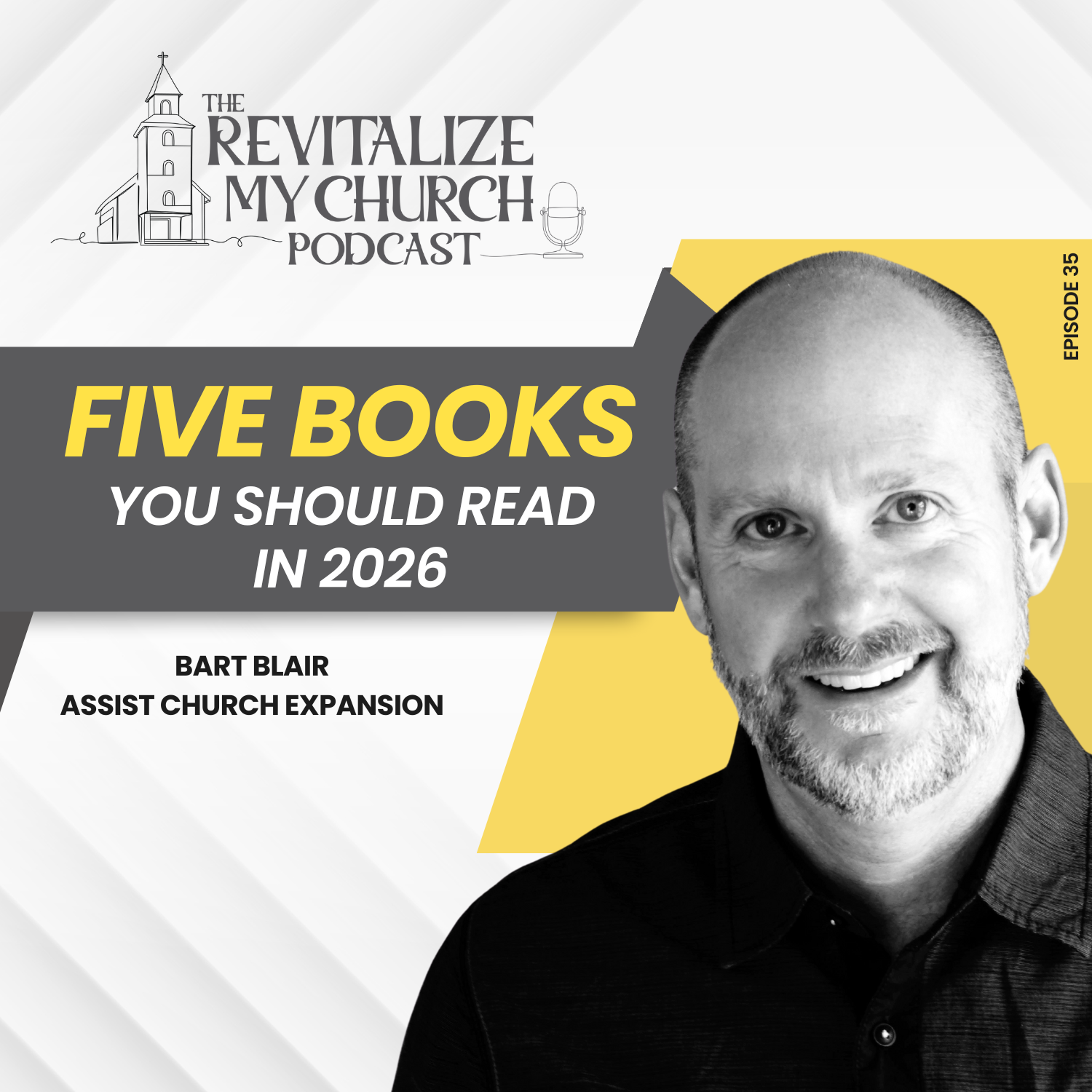In this episode of the Revitalize My Church podcast, hosts Bart Blair and Nathan Bryant discuss the importance of developing a comprehensive strategic plan when working to revitalize a church. This topic is the fourth of their "five big rocks" of church revitalization, following unity, leadership, and team.
The conversation begins by addressing the common objection that strategic planning is too "business-like" for the church. Nathan point out that God Himself is a planner, as evidenced by His creation of the universe and His redemptive plan. The hosts cite several biblical passages that support the importance of planning, including
Luke 14:28,
Amos 3:3,
Proverbs 16:3,
Proverbs 16:9,
Proverbs 15:22, and
Proverbs 21:31.
Bart and Nathan then discuss the key components of a strategic plan for church revitalization. The first component is clarifying the church's purpose. This involves understanding the unique calling and purpose of the church within its specific context and community.
The second component is understanding the church's culture and the culture it is called to reach. The hosts introduce the concept of "four whos": who the church is currently, who the church is trying to reach, who God is calling the church to become, and who the church needs to be to effectively reach its target audience. They emphasize the importance of recognizing and leveraging the church's existing strengths while also being willing to adapt to better engage the surrounding community.
The third component of the strategic plan is determining what the church needs to do to fulfill its purpose and reach its target audience. This includes developing strategies for outreach and evangelism, integrating new believers into the church community, making disciples, and developing leaders.
Throughout the discussion, Bart and Nathan stress the importance of intentionality in each aspect of the strategic plan. They also remind listeners that the ultimate goal is not simply numerical growth, but rather faithfully fulfilling the Great Commission by making disciples, baptizing them, and teaching them to obey Christ's commands.
The conversation concludes with a reminder of the vital role of prayer in the strategic planning process. Bart encourages leaders to mobilize intercessors to pray for the vision team and the strategies being developed, emphasizing that prayer is what distinguishes church planning from mere business practices.


